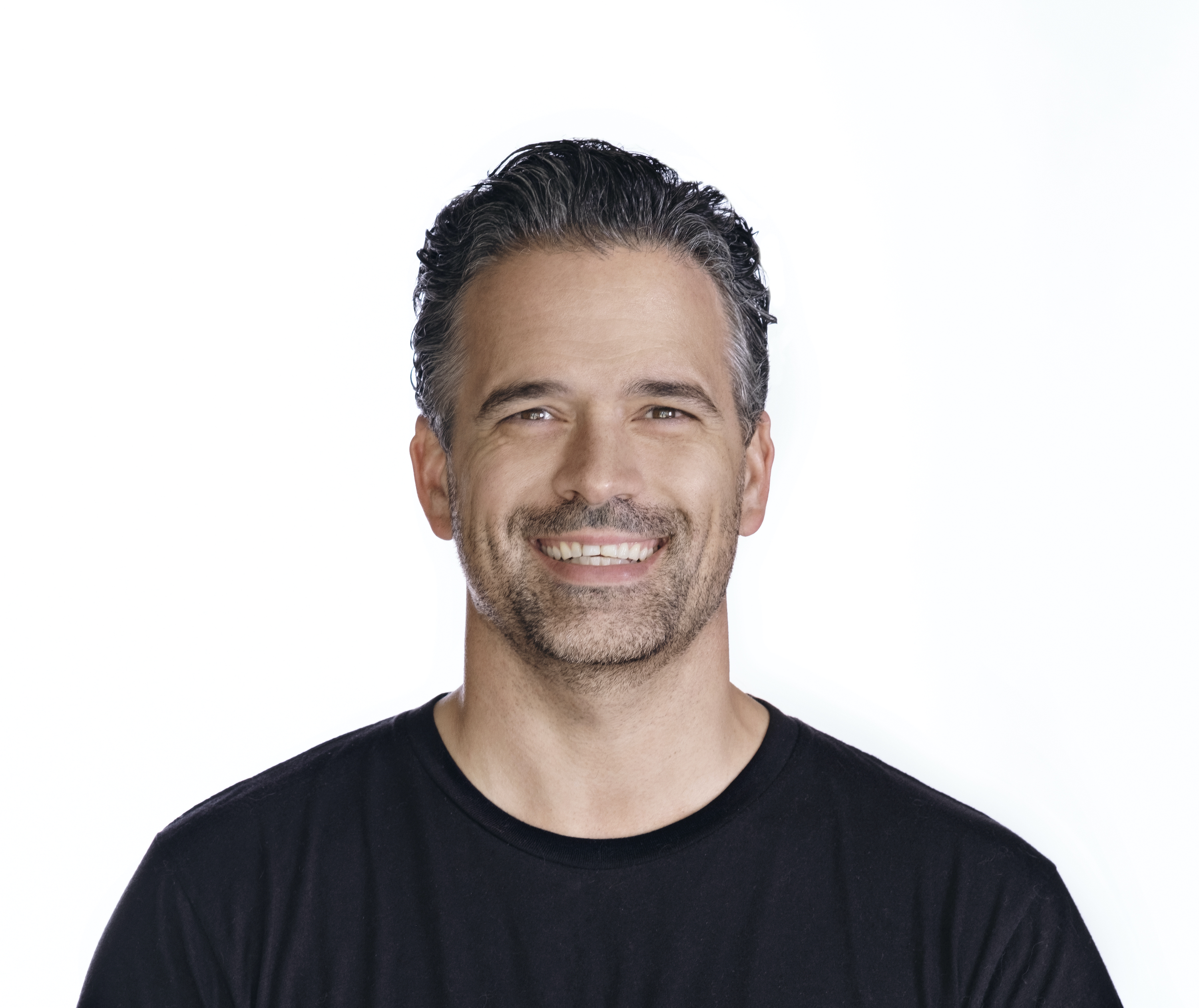How to Be Smart: Building Wisdom That Lasts

Jesse Wisnewski


Professional Development
I barely passed English in high school.
In college, I had to take a remedial writing course. Then another one in graduate school.
Now, somehow, I’ve written a book about reading.
Wisdom rarely begins in strength. It often starts in struggle. For me, it began with books. Reading became my quiet mentor, the way I learned to think, lead, and live more wisely.
For most of my life, I thought being smart meant having quick answers. The person who spoke first or with the most confidence won. But over time, I learned that being smart isn’t about winning arguments or knowing everything.
It is about growth, about becoming a person whose understanding leads to wisdom and service.
In this article, we will explore how to be smart in a world that rewards speed over substance:
- What it really means to be smart
- What quietly makes us less so
- The habits that grow lasting wisdom
If you have ever wondered how to be smart, not just informed, you are in good company. Let’s dive in.
What We Mean by “Being Smart”
Before we dig in, it is worth asking: what do we mean by being smart?
Most of us grow up thinking “smart” means quick answers or high test scores. But that is only one small piece. True intelligence shows up in different ways, and the smartest people tend to grow in more than one.
Here are a few types of intelligence to help you understand how to be smart in a fuller sense:
1. Cognitive Intelligence (IQ)
This is your ability to think, reason, and remember. It helps you learn new information and solve problems. It is useful, but it is not the whole story.
2. Emotional Intelligence (EQ)
EQ is how you understand and manage emotions, your own and others’. It is empathy in action. People with high EQ listen well, lead calmly, and build trust.
3. Social Intelligence
This is wisdom in relationships. It is reading people, understanding context, and knowing how to work with others. It is what makes teams and families thrive.
4. Practical Intelligence
Psychologist Robert Sternberg called this “street smarts.” It is knowing how to apply what you know to real life. It is less about theory and more about wisdom in motion.
5. Moral and Spiritual Intelligence
This is the foundation of all the others. It is living with reverence and discernment. Scripture calls this “the fear of the Lord,” an awareness that wisdom begins with humility before God (Proverbs 9:10).
When we talk about being smart, we are talking about growing in all these ways, not just learning facts but forming habits of heart, mind, and action that lead to wisdom.
Smart Isn’t Just About IQ
We often confuse being smart with being clever. We admire quick thinkers who quote data or make sharp points online. But intelligence and wisdom are not the same thing.
Intelligence processes information. Wisdom applies truth.
Philosopher Aristotle called wisdom phronesis, practical understanding. It is the ability to know the right thing and do it well.
Thousands of years earlier, a Hebrew proverb put it even simpler: “The fear of the Lord is the beginning of wisdom” (Proverbs 9:10). That verse does not mean fear in the sense of terror. It means reverence, awareness that there is truth bigger than you and humility to live by it.
God gave us minds for a reason. We are meant to think, reason, and reflect. But intellect cannot replace reverence.
Throughout history, people have fallen into two traps. Some believe human reason can explain everything. Others reject reason altogether and rely only on emotion or intuition. Both are wrong.
As theologian Albert Mohler puts it, Christian thinking is not stacking doctrines on a shelf; it is allowing truth to reorder how you see the world.
True intelligence listens to the wisdom of something, or Someone, greater. It means trusting that the design of the world has logic behind it, even when we do not see it yet.
So yes, use your mind. Think critically. Read deeply. But remember, reason should kneel before revelation.
Before we look at the habits that make you smarter, it helps to see what quietly steals your ability to think well.
What Slowly Makes You Less Smart
We live in a world that prizes constant connection but often punishes deep thought. The mind that is always “on” rarely has space to grow. Wisdom does not flourish in noise. It needs room to think, question, and rest.
Here are a few things that slowly dull your intelligence, backed by research and experience:
1. Constant Distraction
Distraction is the enemy of depth.
Researchers from the University of California, Irvine found that each interruption at work can require more than 20 minutes to fully recover from. Each ping or glance at your phone fragments your focus and weakens your ability to think critically.
If you want to be smart, give your mind room to breathe. Turn off alerts. Protect moments of quiet focus.
2. Digital Overload
The average person checks their phone hundreds of times a day. That much stimulation trains your brain to crave novelty instead of understanding.
A study by the University of Texas at Austin found that simply having a smartphone nearby, even when it is turned off, reduces working memory and problem-solving ability.
Attention is like a muscle. Constant checking keeps it weak.
3. Passive Consumption
Streaming, scrolling, and endless feeds create the illusion of learning without the effort of reflection.
Research in the Journal of Experimental Psychology shows that heavy screen time lowers comprehension and long-term retention. Smart people do not just consume information. They engage it. They read, write, discuss, and reflect.
4. Neglecting Sleep
You cannot think clearly when you are chronically tired.
Harvard Medical School found that sleeping six hours or less per night impairs memory and decision-making and increases long-term cognitive decline.
Lack of rest makes you reactive instead of reflective. Sleep is when your brain organizes, repairs, and stores what you have learned.
5. Information Without Reflection
We are flooded with facts but short on thought.
Psychologists call this the Google effect: when we know we can look something up, we remember less ourselves.
Access to information is not the same as understanding. True intelligence comes from wrestling with truth until it shapes how you live.
Avoiding these traps is not about rejecting technology or progress. It is about resisting distraction long enough to think deeply.
Guard your focus. Choose silence. Make space for stillness.
Once you clear the clutter, you can begin building habits that sharpen both your mind and your heart.
How to Build a Smarter, Wiser Life
Smartness is not a gift some people are born with. It is a set of habits anyone can build.
There is no shortcut to wisdom. No overnight tactic or trick will make you smarter. Growth takes time, humility, and consistent practice. The good news is that these habits are simple enough for anyone to begin and strong enough to change the way you think, lead, and live.
1. Let Reverence Lead Your Reason
“The fear of the Lord is the beginning of wisdom” (Proverbs 9:10).
That truth has guided thinkers for centuries. Wisdom starts with reverence, with recognizing that we are not the source of truth.
John Piper once said, “Use your mind to become childlike.” That is the paradox of real intelligence: the more you learn, the more you realize how much you depend on Someone greater.
Reason is a gift. Revelation is grace. Wisdom begins where pride ends, in reverent trust (Romans 12:2).
When your habits serve humility, your mind becomes fertile ground for wisdom.
2. Stay Humble and Teachable
The smartest people I know are the most teachable.
C. S. Lewis wrote, “As long as you are proud, you cannot know God.” Pride blinds; humility opens.
Humility does not mean thinking less of yourself. It means thinking of yourself less. It keeps your mind open to growth and your heart open to correction.
Jonathan Edwards said that wisdom produces gentleness and peace (cf. James 3:17). In other words, wisdom does not make you sharper toward people. It makes you gentler with them.
3. Ask Better Questions
Curiosity is humility in action. It is how we admit we do not know everything.
When Jesus taught, He asked questions—more than 300 of them. His questions made people think, not react (Matthew 16:15; Luke 10:26).
We can do the same. Asking “why” before deciding helps us see clearly. Asking “what if” helps us think creatively.
The smartest people are not those who always have answers. They are the ones who ask better questions.
4. Reflect Before You React
We live in reaction mode. Notifications, emails, and opinions demand instant replies. But reacting is not the same as thinking.
Writing slows you down. It helps sort what is urgent from what is important.
Researchers Robert and Elizabeth Bjork call this desirable difficulty, when effort strengthens learning.
So slow down. Sit with ideas. Silence is a superpower.
5. Read Broadly and Deeply
Reading is mental training.
It slows you down long enough to wrestle with ideas, to think in paragraphs instead of posts. It stretches imagination, expands empathy, and sharpens perspective.
Maryanne Wolf, a cognitive scientist, says that deep reading, reading slowly and reflectively, builds the mental muscles of empathy and comprehension.
When you read deeply, you do not just consume words. You connect them.
If you want a practical way to build this habit, check out my book Read to Lead. I wrote it to help people read more effectively, retain more, and apply what they learn in daily life. It is a guide for turning reading into a lifelong leadership skill.
6. Learn from Others
No one grows wise alone.
Proverbs 27:17 says, “Iron sharpens iron, and one person sharpens another.”
We need people who challenge, correct, and complete our perspective.
Tom Nichols, in The Death of Expertise, warns that rejecting guidance does not make us independent. It makes us ignorant.
Albert Mohler adds that thinking well is not a solo act. It is a community effort. The healthiest minds learn within healthy relationships: families, friendships, workplaces, and faith communities.
7. Share What You Learn
Teaching is one of the fastest ways to grow smarter.
When you share what you have learned, whether in conversation, mentoring, or writing, you reinforce understanding and expose gaps in your thinking.
Psychologists call this the “protégé effect.” Explaining a concept helps you organize knowledge, remember more, and clarify what you believe.
Sharing also keeps wisdom humble. It turns knowledge into service. As Proverbs 11:25 says, “Whoever refreshes others will be refreshed.”
8. Steward Your Body to Strengthen Your Mind
Your mind does not grow on its own. It depends on how you care for your body.
Scripture reminds us that we are “fearfully and wonderfully made” (Psalm 139:14). Caring for your body is not vanity. It is stewardship. You cannot think clearly when you are constantly tired, stressed, or running on fumes.
Here is what the research shows:
Sleep
Harvard and Stanford studies reveal that sleep strengthens memory, boosts problem-solving, and clears mental clutter. A consistent seven to eight hours gives your brain space to consolidate what you have learned.
Exercise
Physical activity increases blood flow to the brain and releases BDNF, a protein that supports learning and creativity. Even a brisk 20-minute walk can improve focus and mood.
Nutrition
What you eat fuels how you think. Diets rich in leafy greens, omega-3s, and whole grains protect your brain from decline. Fewer processed foods mean steadier energy and sharper attention.
Silence and Sabbath
Just as your body needs rest, your mind needs margin. Jesus often withdrew to pray (Luke 5:16). Stillness is not laziness. It is leadership over your own attention.
Caring for your body is an act of wisdom. It aligns your physical rhythms with your mental and spiritual ones. When you rest well, move often, and eat wisely, you are not just healthier—you are more discerning.
Living What You Learn
Wisdom is not proven by what you know but by what you live.
Read deeply. Ask better questions. Reflect before you react. Learn from others. Stay humble. Live what you know.
Knowledge can be downloaded; wisdom must be practiced.
Maybe the smartest thing any of us can do is simple: trust God, obey truth, and keep learning with humility.
The world celebrates information. God calls us to transformation.
Smart people impress others. Wise people serve them.











